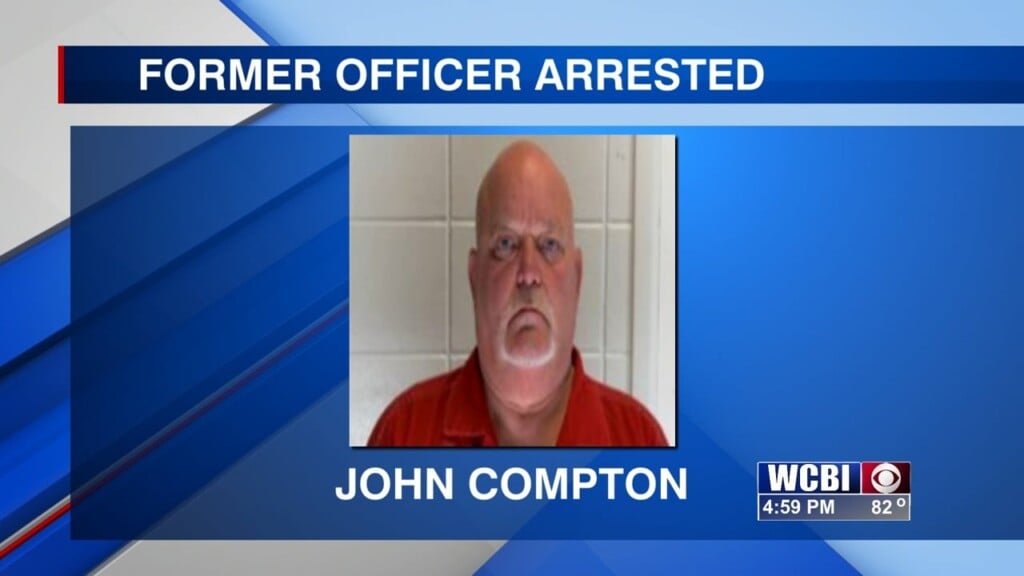Examining methods for ending juvenile crime ahead of Starkville’s expected deal with the Lowndes Co. Detention Center
STARKVILLE, Miss. (WCBI) – On September 7th, the Starkville Board of Alderman voted to approve an interlocal agreement with the Lowndes County Juvenile Detention Center to reserve two beds to house any youth offenders from Starkville.
The hope is that the partnership can be part of the solution to the area’s problems with violent crime involving young people.
“Violence and juvenile delinquency, it’s really hard to say that there is a short-term solution because those are things that need to be worked on over time,” says Dr. Sanna King, an assistant professor of sociology at Mississippi State.
“I’m aware of the journal articles that talk about how detention might not be the best thing for a minor and I understand,” says Oktibbeha County Youth Court Judge Lydia Quarles. “But what I have is 14-year-olds with guns walking around in this community and I don’t like that.”
The balance between community safety and not institutionalizing young people are often the main issues to consider when it comes to juvenile detention centers.
Especially in places like Starkville that are dealing with a rise in violent crimes among young people over the last two to three years.
“These children, these minors, you know have shot each other have shot, their parents have shot siblings have shot into cars have shot into buildings.”
Since March of 2021, Judge Quarles says she has presided over an average of three to four cases involving weapons and juveniles every month.
“We don’t have a lot of kids that have the rationality of an adult, but they have a Glock and a couple of clips and that’s very scary,” she says.
Judge Quarles is its leading supporter but Dr. King has her doubts about its effectiveness.
“From what respondents in my research have said, especially adult respondents reflecting on their experiences in juvenile detention and as juvenile delinquents, they have said that detention only made them better criminals,” she says.
Dr. King says she started her career working at Rikers Island Correctional Facility in their juvenile reentry program and has studied criminology for about 15 years.
“If you’ve been having exposure to being arrested, to police officers, detained since 12 years old, by the time you reach 15, 16 years old, it’s not out of the ordinary,” she explains. “And so it’s not seen as much of a consequence.”
While judge Quarles says the beds are intended only for those charged with violent or weapons-related crimes, Dr. King fears it still could be a gateway to long-term institutionalization.
“Education, mentorship programs, addressing systemic inequalities in issues such as housing instability, food instability and addressing trauma through counseling, therapy and other components
However, Judge Quarles says the Lowndes County Juvenile Detention Center provides children with teachers, counseling, meals and structure that they otherwise may not have.
“It’s not a situation, obviously, that you want to be in,” she says. “But if you take the chance of walking around with a gun and your mother or your father doesn’t seem to care, then I think that might be a pretty good place for you to be,” she says.
The interlocal agreement is expected to be approved by the Lowndes County Board of Supervisors and then go into effect in October.




